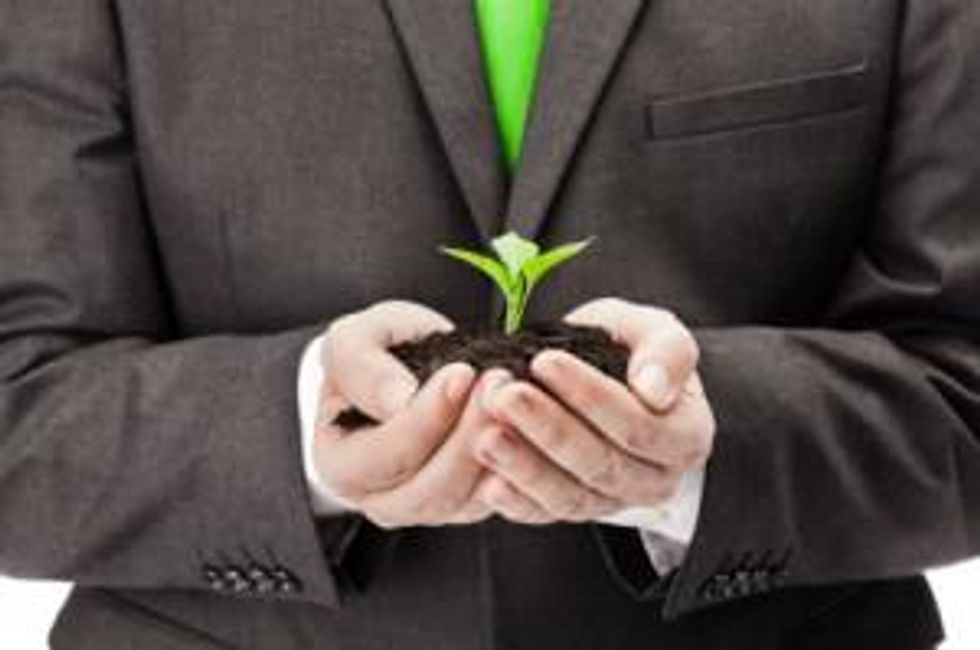Taiwanese Experts Call for Rare Earth Recycling Focus
Experts in Taiwan state that the country should be aiming to make the recycling of used electronic devices a major development goal moving forward.
Rare earth recycling is once again making headlines, with experts in Taiwan stating that the country should be aiming to make the recycling of used electronic devices a major development goal moving forward.
Although the message comes from a country located right next to the world’s largest source of rare earth elements (REEs), namely China, it is hardly unique. More and more consumer nations are becoming increasingly concerned as to what the future holds for REE supply channels as an already unsettled market struggles with volatile price conditions. As a result, more and more manufacturing-focused countries are beginning to direct their attention to the process of recycling these elements.
Taiwanese experts have stated that the recycling of REEs will need to be become a priority as the recycled material will likely be able to support renewable energy generation and cut the country’s external dependence on such materials.
Speaking at an international conference on recycling, Ma Hsiao-kang, a professor of mechanical engineering at National Taiwan University, said that in the next decade, Taiwan could be able to process electronic waste, which contains metals such as lutetium and terbium, two metals that are key to low-carbon energy technologies.
Time to act is now
However, Ma also stressed that if this concept is to become a commercial reality, the island nation will need to get moving on the project. According to the academic, Taiwan currently spends approximately US$276 million a year exporting “high-tech garbage” for recycling — an amount that the country would not have to spend if it recycled products locally.
“We are talking about huge market potential because not many countries can process such waste,” he said.
With more mature recycling technology expected to emerge in the near future, he added that Taiwan could build a strong business importing similar waste from other countries, with the specific aim of refining the REEs its industries need.
However, while bold plans such as Taiwan’s are considered a step in the right direction, the reality is that until now REE extraction and recycling techniques have only ever been undertaken on a relatively minor scale. They have also been costly and required highly controlled conditions.
In Japan, a number of vehicle manufacturers have taken steps to either minimize their reliance on REEs or develop a recycling process aimed at decreasing reliance on foreign supply. Earlier this year, Toyota (TSE:7203) announced that it has developed a method to manufacture hybrid and electric vehicles without the use of REEs, while Honda (NYSE:HMC) is currently developing the world’s first mass-production rare earth recycling process.
REE recycling has not been limited to Asian manufacturers. Mining firm Molycorp (NYSE:MCP) is attempting to harvest rare earths in an environmentally friendly manner, while Solvay Group (ERB:SOLB), a chemical company headquartered in Brussels, has opened two rare earth metals recycling plants after developing a process to recover the metals from end-of-life products, such as light bulbs, batteries and magnets.
Not everyone convinced
However, not everyone is convinced that the road to commercial-scale recycling will be easy. At last month’s Electronics Recycling Asia conference, a panel of experts admitted that significant barriers remain to the widespread recycling of rare earth metals in particular.
Crystynna Ewe, the Singapore-based head of take back for Dell’s (NASDAQ:DELL) Asia Pacific and Japan region, said rare earth metals recycling is “a very new topic” for the company, although she noted that Dell is in favor of using recycled content.
From a technical standpoint, Christian Ekberg, a professor at Sweden’s Chalmers University of Technology, said rare earth metals “are rare because they are difficult to separate; this is why universities are involved — it is a challenge.” He also questioned whether the potential supply of rare earth metals is in fact lacking, or whether regulations prohibiting mining are “the source of the problem.”
While some panelists and audience members expressed optimism that technological solutions to boost REE recycling may soon improve, Ekberg was cautious. “Technology will not automatically catch up,” he stated. “It is difficult to separate lanthanites (rare earths) from other materials. The technology is not emerging very fast, I must say.”
Recycled materials to facilitate sustainable energy
Meanwhile, Ma said that if Taiwanese materials are recycled and REEs are reclaimed, the materials could then be applied to solar, wind and bioenergy equipment to facilitate the country’s development of sustainable energy.
Henrik Harjula, a former Organization for Economic Co-operation and Development (OECD) official, added that efforts focused on recycling are also necessary from a strategic standpoint as recycling is key to promoting supply diversification.
“It is a challenge for many countries,” said Harjula, who was in charge of the OECD’s Environment, Health and Safety Division. He concluded by noting that with emerging economies and industrialized countries continuously battling for control over scarce commodities, it is important to begin rare earth collection early in order to minimize the impact a shortage would have on economic and technological development.
Securities Disclosure: I, Adam Currie, hold no direct investment interest in any company mentioned in this article.
